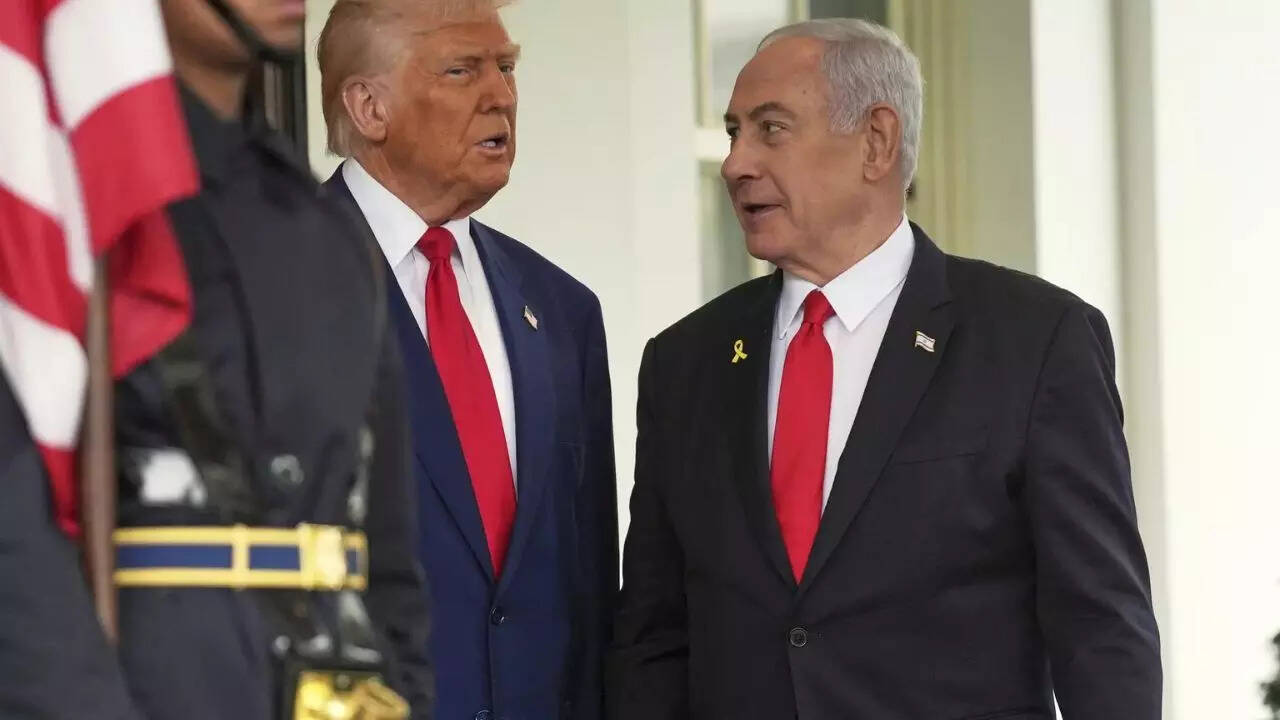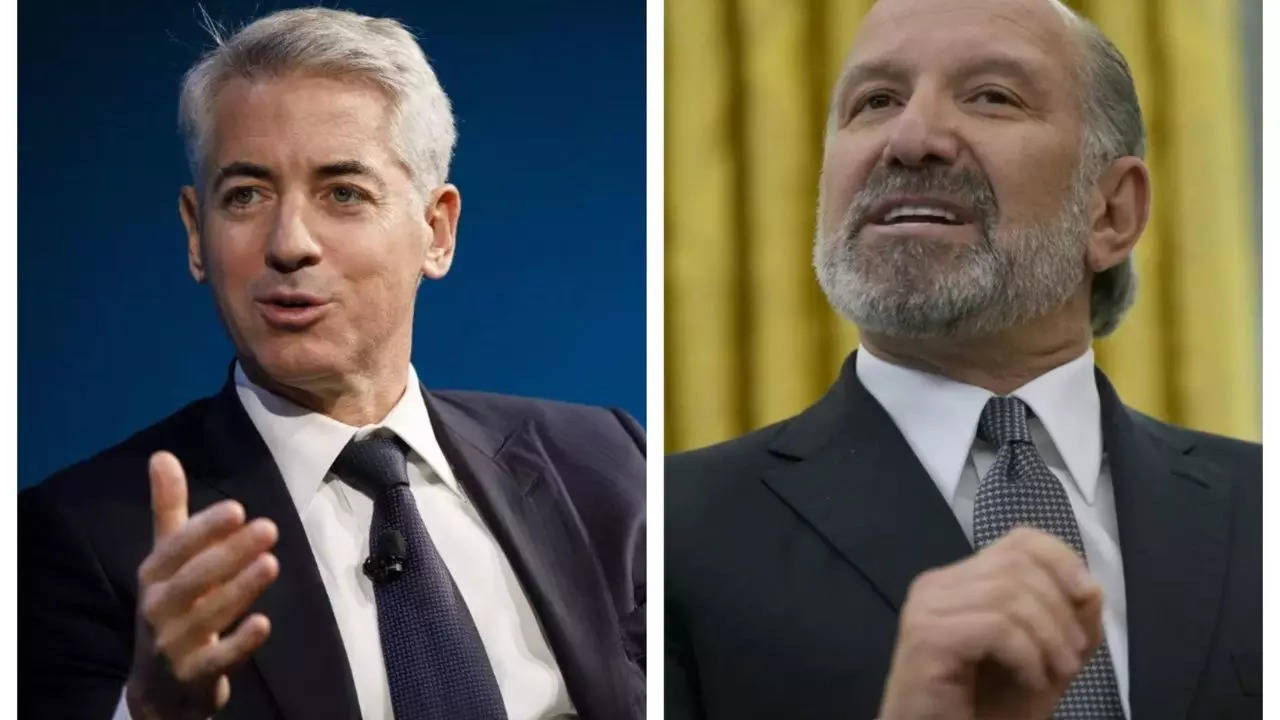-
BOWLED! Rohit Sharma’s flop show continues in IPL 2025. Watch
Rohit Sharma’s struggles in IPL 2025 continued as he was dismissed for 17 against RCB, marking his highest score of the season but still a disappointing outing. After missing a match due to injury, Rohit showed early promise with a six and two boundaries, but fell to a sharp inswinger.
-

‘Extremely turbulent’: Russia ‘monitoring situation closely’ as oil prices fall after Trump’s tariff
The global oil market is facing turbulence following the US’s implementation of new tariffs on numerous countries, impacting Russia’s budget. Brent crude oil futures have plummeted to their lowest level since April 2021. Kremlin Spokesman Dmitry Peskov expressed concern over the market volatility and assured that Russia is taking measures to safeguard its economy.
-
‘Very rude, very rude’: Shreyas Iyer criticised for attitude – Watch
Shreyas Iyer, leading Punjab Kings, faced an emotional setback during Champions Trophy 2025 practice, shedding tears over poor net performance despite previous success against England. However, he bounced back, becoming vital for India, notably scoring 48 in the final. In IPL 2025, his team suffered a 50-run defeat to Rajasthan Royals, with Iyer’s early dismissal…
New Orleans Gazette
The Readers Paradise of New Orleans
Follow Me On Instagram
@WillamSmith











